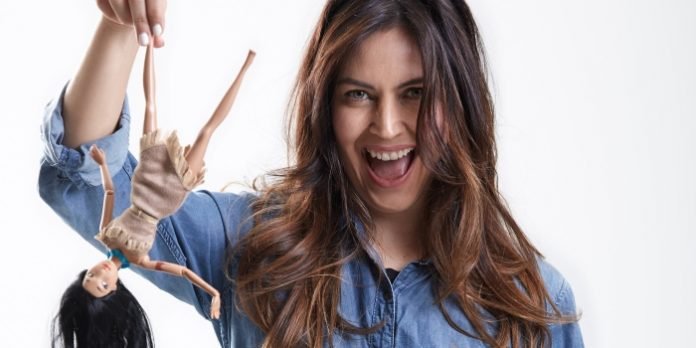Playwright Quelemia Sparrow is on a journey of rediscovery, reconnecting with her First Nations heritage in her new play, O’wet/Lost Lagoon.
And while O’wet/Lost Lagoon does not directly touch on the issue of place names, it takes some of its inspiration from a larger work Sparrow is working on called Women of Papiyek, the story of those, including her own grandmother, who lived at what we now call Brockton Point.“The inspiration for O’wet/Lost Lagoon came out of discussions at Full Circle about how we felt collectively about the land in Vancouver, and in reclaiming place names and indigenous spaces,” says Sparrow.
Further inspiration for O’wet/Lost Lagoon came from Pauline Johnston, a First Nations writer and performer who originally named Lost Lagoon. Interestingly enough, while Stanley Park was originally called Xwayxway (pronounced kwhy-kway), Lost Lagoon has no native equivalent.
“That brings me what I’m attempting to do as an artist; it is about reclaiming these stories, the history and place names not only for myself as an indigenous woman, but for everyone in the city,” says Sparrow. “We hear all the time about how young Vancouver is, but it really isn’t that young at all. We have such a rich indigenous history here that we haven’t been taught, and through genocide in the system it has been all but erased.”
Sparrow is not alone in her desire for reclamation. As recently as 2010, the hereditary chief of the Squamish First Nation, Ian Campbell, suggested that Stanley Park should be renamed Xwayxway. Under the Harper government of the time, that proposal was rejected and our city’s urban park retained its English moniker. For Sparrow though, it is not about being an all-or-nothing solution.
“There is a lot of fear around going back to the original indigenous names,” says Sparrow. “Names and connections to those names come from very strong feelings. My hope is that they can live together.”
As her first foray into re-connecting with her roots, Sparrow’s O’wet/Lost Lagoon takes a very personal look at her own life, in what she describes as “a reclamation of land, culture and self”.
“It’s an autobiographical show about leaving the reserve when I was quite young and going away to travel for about a decade modeling around the world,” she says. “It is about coming back home to the reserve and finding my place again as an indigenous woman on my traditional territory, and what that means.”
A story about Sparrow’s mixed race heritage – she is half British and half Musqueam – O’wet/Lost Lagoon is about exploring that place between cultures.
“It is a contemporary story of my life in this time and this place, traveling around the world and having big modern experiences,” she explains. “I feel like often we relegate First Nations people to history and yet we are still living here, and thriving, and still very connected to our heritage.”
As a very personal look at her own life, in which she also performs, Sparrow admits it was a difficult piece to write.
“It was challenging on a bunch of different levels and I questioned whether I wanted to share a lot of the information in the piece,” she admits. “But it is important to share. With all that is happening around reconciliation right now, the conversation needs to continue, and we need to open up. It is a time for listening and I knew I had to have the courage to share my story so the healing can continue.”
With O’wet/Lost Lagoon opening at the Firehall Arts Centre on National Aboriginal Day on June 21, the significance is not lost on Sparrow.
“There are a lot of questions around the complex situation that we have with our indigenous peoples,” she says. “It is great that we have this day so we can all ask what it is, and what are we doing to further our understanding of the issues.”
O’wet/Lost Lagoon also finds its premiere at a time when Vancouver’s theatre community continues its own conversation around diversity. And while Sparrow acknowledges that it was not by design, she sees it as a way of contributing to the dialogue.
“My writing projects have been in the works for a long time, so it just happens to be perfect timing for this conversation that is happening right now,” she says. “For me it has been really important to create the stories themselves that are diverse. It is always about finding the appropriate voice and appropriate moment to ensure accuracy and appropriateness occur; it’s about finding a lot of grace right now.”

